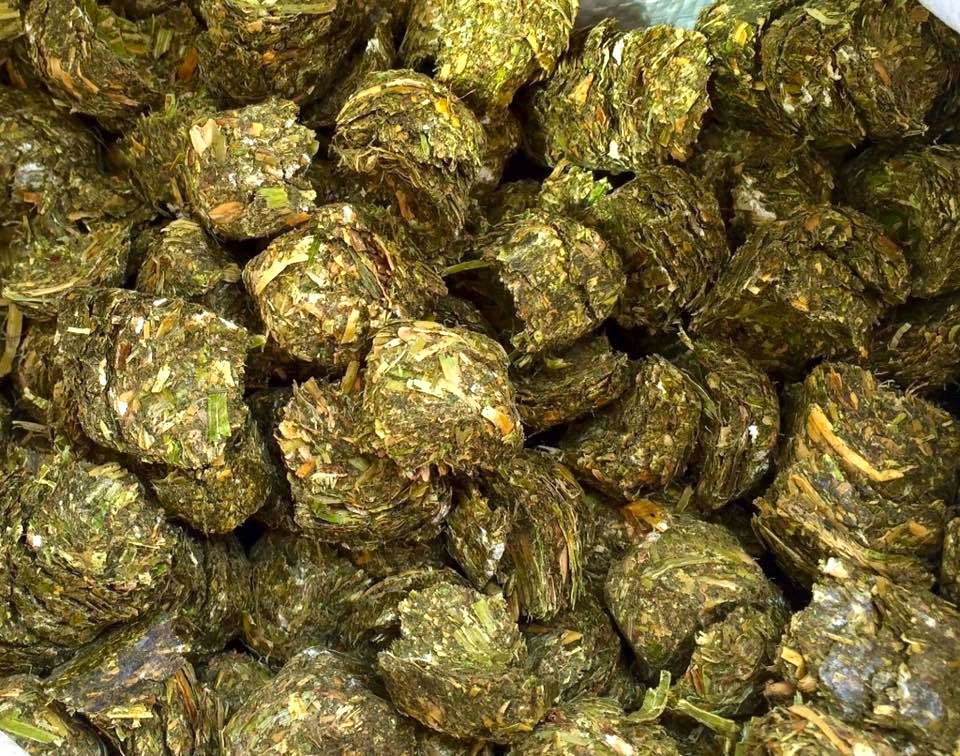I often feel that innovation is a buzzword that is used rather often, especially in business.
It's a word that generates a lot of mixed emotions. Innovations bring in changes – something causing anxiety for many. Innovations mean progress – development, which is usually positive. In many cases, innovations are linked to something hard to understand and frustrating. Too often innovations become a selling cliché.
There is no denying that innovations are vital and lead humankind through our history, but what are they indeed?
According to the definition by Merriam-Webster Dictionary, innovation is a new idea, method or device or also an introduction of something new. While the use of the word innovation has been on a rise since the 1950s, the concept existed for thousands of years. The written mentions of innovations occur in the works of Xenophon, Plato, Aristotle and many more after them.
Nowadays, the word innovations is mainly associated with high-tech and business, yet even business insiders understand the concept differently. After researching the topic and reaching out to 26 of the world's leading innovation experts, Nick Skillicorn with Improvides Innovation Consulting came up with an ultimate of innovation, which is "executing an idea which addresses a specific challenge and achieves value for both the company and customer."
While this explanation of the concept definitely has more value than Google's or dictionaries' simplistic "new idea", I still have a bit of a different but resonating vision for it. In a broader sense, I understand innovations as a new working solution to an existing problem or need.
And in that sense, Estevan is a very innovative community. I was told that at some point this small city had the most millionaires per capita, at least in Canada. And those people were no aristocrats or heirs; they worked hard to grow their wealth and they were creative in finding and implementing innovative ideas to make what the region had work for them.
I don't know if we are still No 1 in that sense of wealth per capita, but I definitely know that people's creativity here keeps thriving. Local entrepreneurs have many challenges they face every day, and they find ways to make things better for themselves and everyone in their industries.
One of the great examples I came across recently was Danco Forage – a business that was born out of a need to find a solution to existing problems.
Those of you who understand a thing about livestock know that margins there are really narrow. It's hard to make a living raising cattle or horses, and with contemporary logistic challenges, last year's dry conditions in the region and rising costs of transportation, it became even more difficult. When it comes to feed, a bale, which won't cover all the needs but would do as part of the nutrition system, is only cost-efficient when shipped as far as 70 kilometres from where it was produced.
But cows don't care about the cost; they need to eat no matter what. So when it got dry, regions like southwest Saskatchewan would buy feed from the southeast and further, so they could keep feeding the world. That left ranchers with hardly anything to pay their bills.
But apparently, there is a better way to solve this problem. The dehydrated and balanced feed would serve the needs of animals and producers, while also saving shipping dollars. And if such a solution can be found locally, I only can applaud the people who have the brain and the skills to do it.
There are many more examples of innovative approaches to problem-solving in the Estevan area. People here know first-hand what it takes to make things work and succeed. And they are ready to risk and go all in to make it better for their sectors.
But just like ancient philosophers, who weren't very fond of the concept of "renewing", many people nowadays treat innovations with skepticism. The skeptics talk about good old times as the best example of how things were and should be done. They fear the change and discomfort the transition would bring. Besides, there is always a risk of failure.
But without innovations, we'd never be where we are today. Without innovations, Estevan would never thrive. Of course, we have resources we could bank on, but without progressive ways of extorting, processing and transporting them what good would they be? If we don't want to use the natural opportunities we have here, there will be someone else who'll see the gap and find a way to fill it.
So if there are any good ideas gathering dust on the back shelves of your mind, now is the time to pull them out and put them to work. Especially with all the options for federal, provincial and local support on the table.
There will be many changes coming our way over the next decade whether we want it or not. But knowing that we have the most valuable resource – creative and brave people – I feel that we, as a unique community, can get out of the transition in better shape, stronger, happier and even wealthier than we are today.





